Appoints as a minister crossword – Delving into the realm of “appoints as a minister” crossword puzzles, we embark on a journey that unravels the intriguing world of ministerial appointments. This multifaceted concept encompasses historical origins, procedural intricacies, and profound cultural and societal impacts.
Throughout history, ministerial appointments have played a pivotal role in shaping governments and influencing public policy. From the earliest councils of advisors to modern-day cabinets, ministers have served as key figures in decision-making and policy implementation.
Definition and Explanation
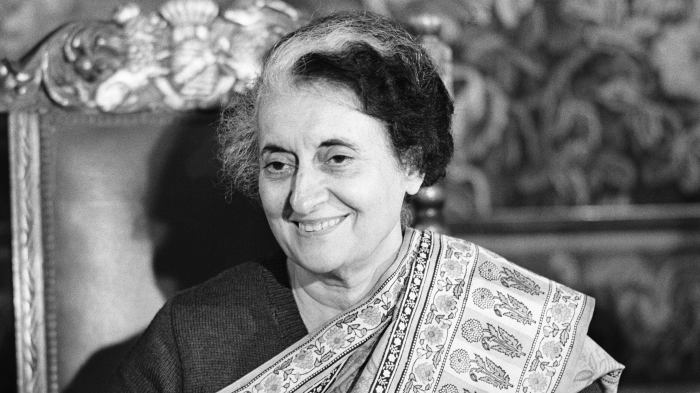
Appointing as a minister is the act of selecting and assigning an individual to a ministerial position within a government or religious organization.
Ministerial appointments are significant as they empower individuals with the authority and responsibility to lead and manage specific portfolios or departments within the organization. These appointments play a crucial role in shaping the direction and effectiveness of the organization’s policies and operations.
Significance of Ministerial Appointments
Ministerial appointments are often made based on a combination of factors, including the individual’s qualifications, experience, political affiliations, and alignment with the organization’s values and objectives. The appointment process can vary depending on the specific organization and the level of the ministerial position.
Historical Context: Appoints As A Minister Crossword

The practice of ministerial appointments has a long and rich history, dating back to the earliest forms of organized government. In ancient Egypt, for example, the pharaoh was considered to be the divine ruler of the land, and his or her ministers were responsible for carrying out the pharaoh’s will.
In ancient Greece, the city-state of Athens had a complex system of ministerial appointments, with different ministers responsible for different aspects of government, such as finance, military affairs, and foreign policy.
The Roman Empire also had a well-developed system of ministerial appointments. The emperor was the head of state, and he or she appointed a number of ministers to help govern the empire. These ministers were responsible for a wide range of tasks, including managing the empire’s finances, overseeing the military, and administering justice.
Evolution of Ministerial Appointments
The process of ministerial appointments has evolved over time, as different governments have adopted different approaches to selecting and appointing ministers. In some countries, ministers are appointed by the head of state, while in other countries they are elected by the legislature.
In some countries, ministers are appointed for a fixed term, while in other countries they serve at the pleasure of the head of state.
The evolution of ministerial appointments has also been influenced by the changing nature of government itself. In the past, ministers were often appointed based on their personal loyalty to the head of state. However, in modern democracies, ministers are typically appointed based on their qualifications and experience.
Notable Ministerial Appointments, Appoints as a minister crossword
Throughout history, there have been many notable ministerial appointments. Some of the most famous ministers include:
- William Pitt the Younger, who served as Prime Minister of Great Britain from 1783 to 1801.
- Otto von Bismarck, who served as Chancellor of Germany from 1871 to 1890.
- Winston Churchill, who served as Prime Minister of Great Britain during World War II.
- Margaret Thatcher, who served as Prime Minister of Great Britain from 1979 to 1990.
- Barack Obama, who served as President of the United States from 2009 to 2017.
These are just a few examples of the many notable ministerial appointments that have been made throughout history.
Process and Procedures
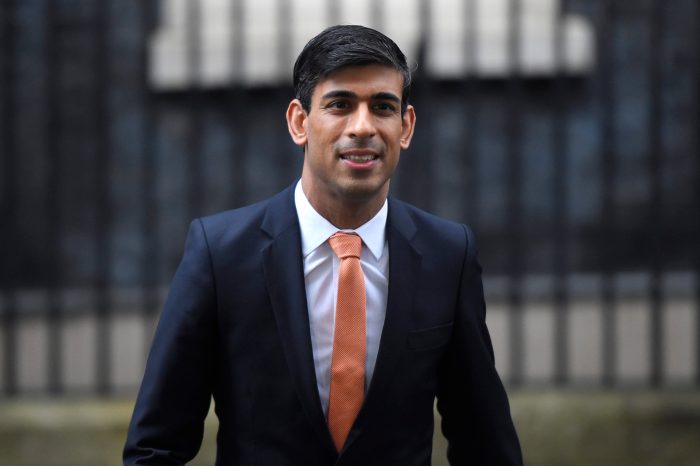
The appointment of ministers typically involves a multi-step process that includes nomination, confirmation, and swearing-in.
The nomination process varies depending on the country and its constitutional framework. In many parliamentary systems, the Prime Minister or Head of Government is responsible for nominating individuals to ministerial positions. In presidential systems, the President typically nominates individuals to ministerial positions, subject to confirmation by the legislature.
Roles and Responsibilities of Stakeholders
Various stakeholders play crucial roles in the appointment process.
- Nominating Authority:The Prime Minister or President has the primary responsibility for nominating individuals to ministerial positions.
- Legislature:In parliamentary systems, the legislature typically has the power to confirm or reject ministerial nominees. In presidential systems, the legislature may have a role in providing advice and consent on nominations.
- Head of State:In some countries, the Head of State, such as a King or Queen, may have a formal role in appointing ministers.
- Civil Service:The civil service may provide support and advice to the nominating authority and legislature during the appointment process.
Criteria and Qualifications
The criteria and qualifications considered during the selection process for ministers vary depending on the country and the specific ministerial position.
Commonly considered criteria include:
- Political Experience:Ministerial positions often require individuals with political experience and a proven track record in public service.
- Expertise and Knowledge:Ministers are expected to have expertise and knowledge in the areas relevant to their portfolios.
- Leadership and Management Skills:Ministerial positions require strong leadership and management skills to effectively oversee government departments and agencies.
- Integrity and Ethics:Ministers are expected to uphold high standards of integrity and ethical conduct.
Different Types of Ministers
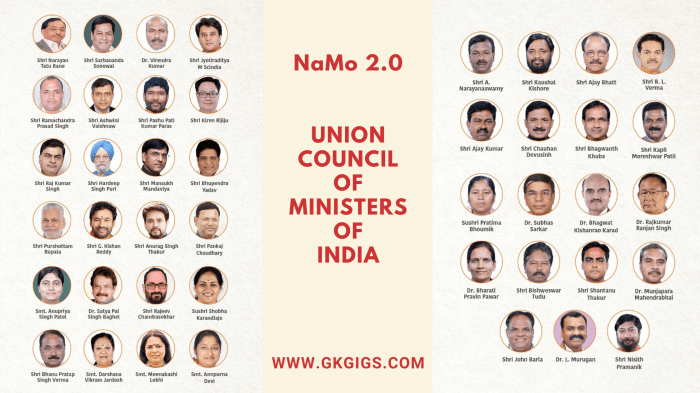
Ministers can be categorized into different types based on their roles and responsibilities. Each type of minister has specific duties and functions within the government.
The following table provides an overview of the different types of ministers:
| Type of Minister | Duties and Responsibilities | Examples |
|---|---|---|
| Cabinet Minister |
|
|
| Minister of State |
|
|
| Parliamentary Secretary |
|
|
Crosswords and Wordplay
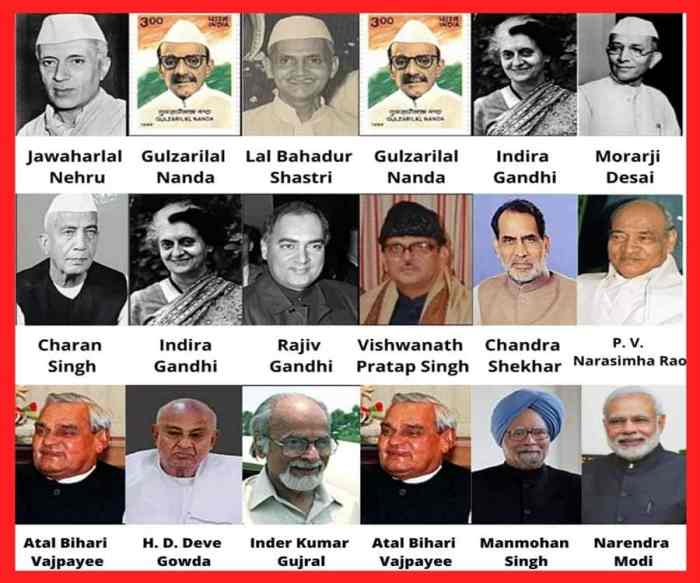
The term “appoints as a minister” is often used in crossword puzzles as a clue for the answer “ordains”. This is because ordaining is the act of appointing someone to the ministry, which is a position of religious leadership.
Here are some examples of crossword clues that use the phrase “appoints as a minister”:
- “One who appoints as a minister” (5 letters)
- “Ceremony that appoints as a minister” (7 letters)
- “To appoint as a minister” (6 letters)
Solving these clues requires an understanding of the wordplay involved. For example, the clue “One who appoints as a minister” could be solved by thinking of the word “ordainer”, which is a person who ordains others.
Cultural and Societal Impact
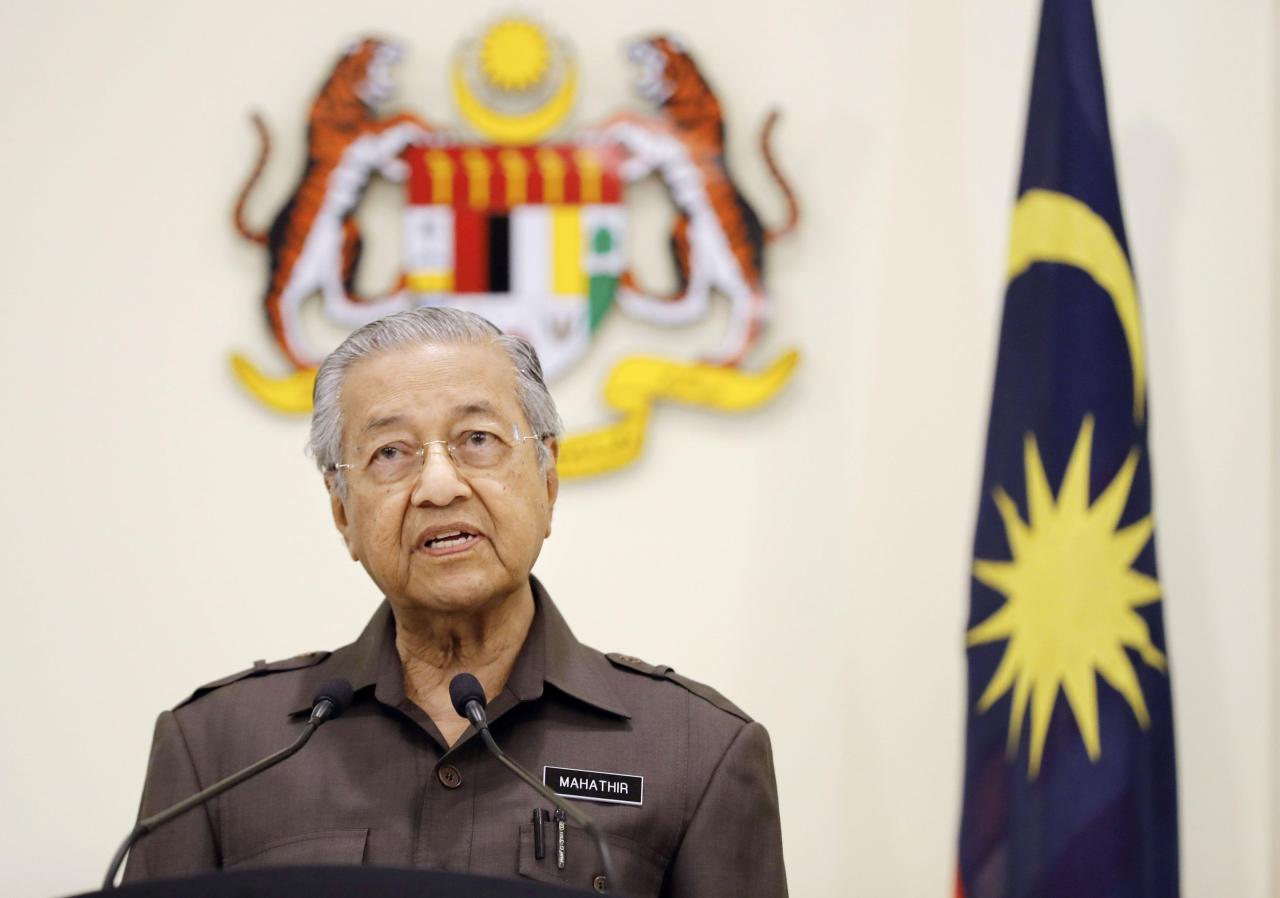
Ministerial appointments profoundly influence society’s cultural and social landscape. Ministers, as leaders and policymakers, play a pivotal role in shaping public discourse, influencing policy decisions, and addressing societal challenges.
One significant impact of ministerial appointments is their influence on public policy. Ministers oversee various government departments and agencies, responsible for formulating and implementing policies that affect citizens’ lives. Their decisions can have far-reaching consequences, shaping everything from healthcare to education, economic development, and social welfare.
Influence on Social Issues
Beyond policymaking, ministers also play a vital role in addressing social issues. They can use their platforms to raise awareness, advocate for change, and mobilize resources to tackle pressing concerns such as poverty, inequality, discrimination, and climate change.
For instance, the appointment of ministers with a strong commitment to environmental protection can lead to the implementation of policies that promote renewable energy, reduce carbon emissions, and conserve natural resources. This, in turn, can have a positive impact on the well-being of citizens and the sustainability of the environment.
Examples of Societal Impact
- The appointment of female ministers has contributed to breaking down gender barriers and promoting gender equality in society.
- The appointment of ministers from diverse backgrounds has fostered inclusivity and representation, ensuring that the needs and perspectives of all citizens are considered in policymaking.
- The appointment of ministers with expertise in specific areas has led to advancements in fields such as science, technology, and healthcare.
In conclusion, ministerial appointments have a profound impact on the cultural and societal fabric of a nation. Ministers, through their policy decisions and leadership, shape public discourse, influence social change, and play a crucial role in addressing the challenges and opportunities facing society.
Question & Answer Hub
What is the significance of ministerial appointments?
Ministerial appointments play a crucial role in shaping government policies, providing expert advice to decision-makers, and ensuring the smooth functioning of public administration.
How have ministerial appointments evolved over time?
Ministerial appointments have undergone significant evolution, from informal advisory roles in ancient times to highly structured and formalized processes in modern democracies.
What are the key criteria considered in the selection of ministers?
The selection of ministers typically involves a combination of factors, including political affiliation, expertise in relevant fields, leadership qualities, and public service experience.